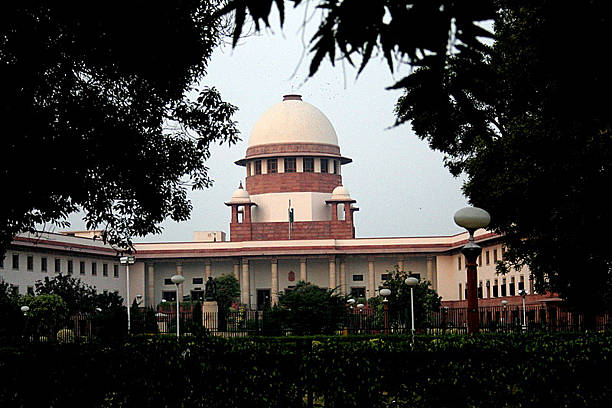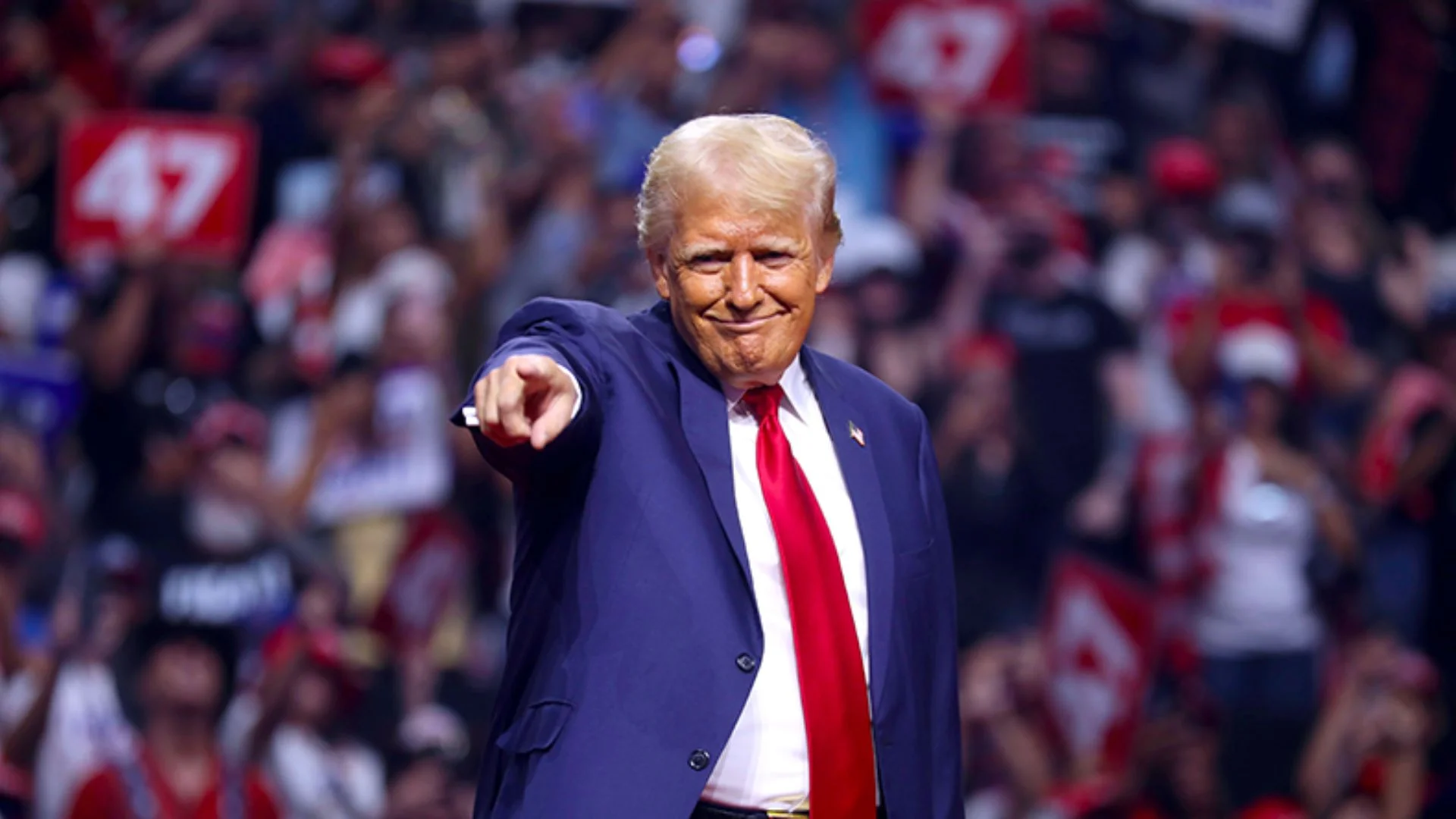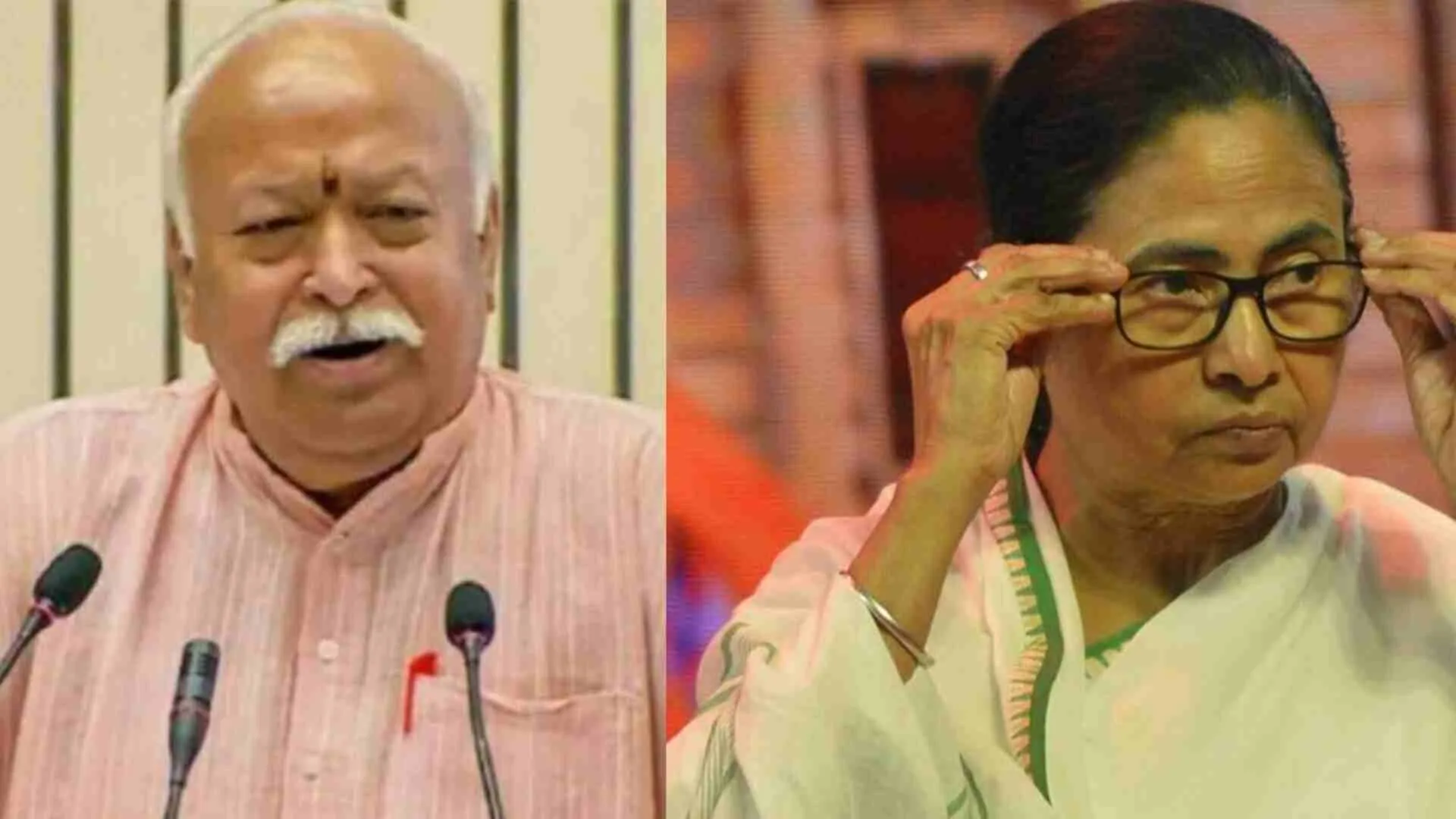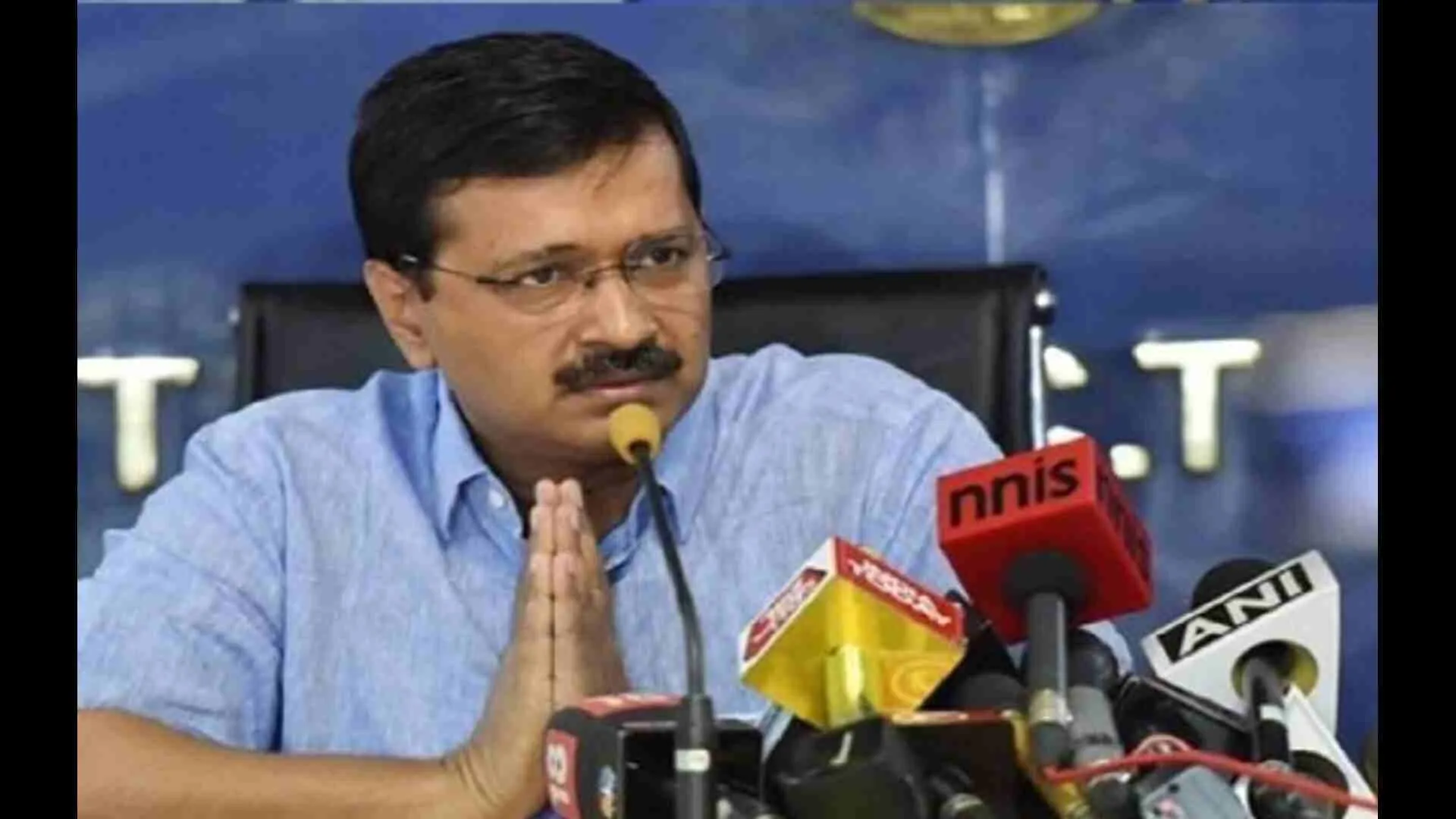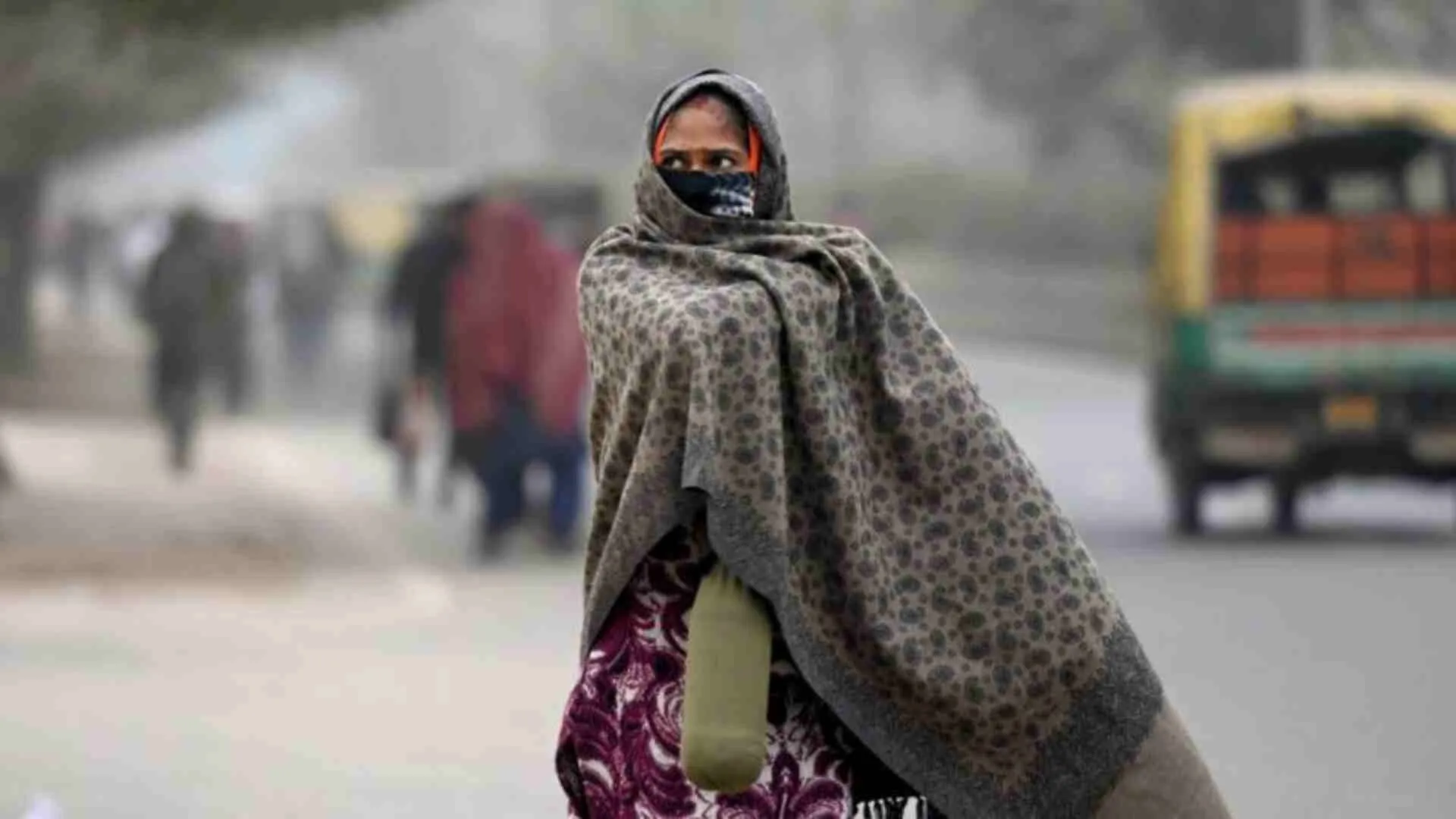The Supreme Court on Tuesday while hearing a batch of petitions challenging Tamil Nadu and Maharashtra governments’ laws allowing bull-taming sport “Jallikattu” and bullock cart races, was told that Constitution recognises that cruelty to animals is an activity which ought not to be perpetuated.
A five-judge Constitution bench of Justices KM Joseph, Ajay Rastogi, Aniruddha Bose, Hrishikesh Roy and CT Ravikumar was informed by the petitioners that when the law prohibits cruelty to animals there cannot be an amending Act that perpetuates cruelty. The arguments in the matter will continue on Wednesday.
The Supreme Court on November 24 started hearing the pleas challenging Tamil Nadu and Maharashtra governments’ laws. Tamil Nadu government in its affidavit has stated that Jallikattu is “not merely an act of entertainment or amusement but an event with great historical, cultural and religious value.”
Jallikattu is conducted during the Pongal festival as thanksgiving for a good harvest and subsequent festivals are conducted in temples which shows that the event has great cultural and spiritual significance, it has added.
In February 2018, the Supreme Court had referred to the Constitution bench whether the people of Tamil Nadu and Maharashtra can conserve jallikattu and bullock-cart races as their cultural right and demand their protection under Article 29 (1) of the Constitution.
The top court had earlier said that the petitions challenging the Prevention of Cruelty to Animals (Tamil Nadu Amendment) Act, 2017, needed to be decided by a larger bench since they involved substantial questions relating to the interpretation of the Constitution.
It had said that a larger bench would decide whether states have the “legislative competence” to make such laws on grounds, including that Jallikattu and bullock cart racing fell under the cultural rights enshrined under Article 29(1) and can be protected constitutionally.
Tamil Nadu and Maharashtra had amended the central law, the Prevention of Cruelty to Animals Act, 1960, and allowed Jallikattu and bullock cart racing, respectively.

